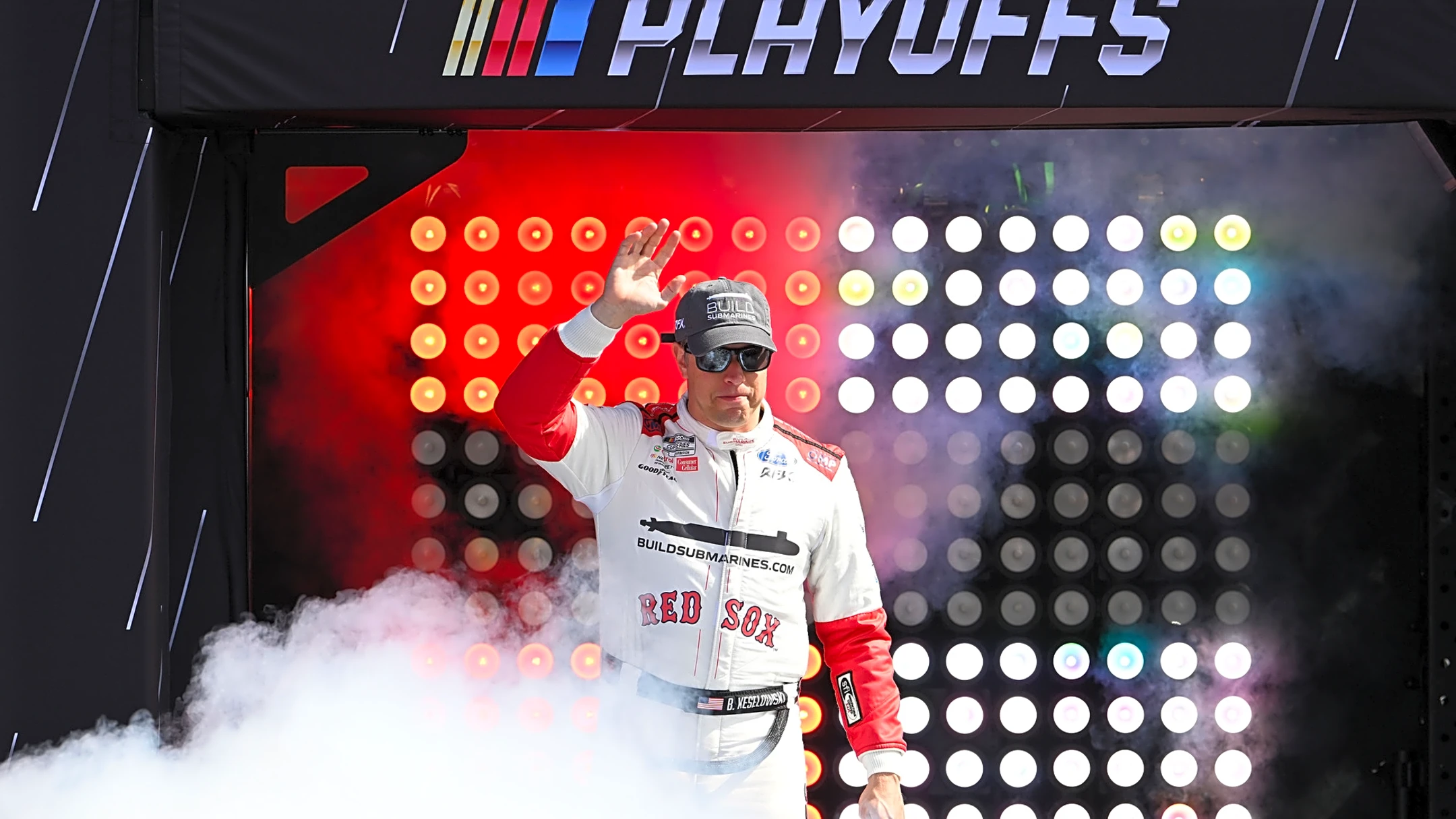Copyright yardbarker

We must be in Heaven because 1st NASCAR is thinking of doing season-long points again. Now, NASCAR is exploring the possibility of increased horsepower. This is an overused phrase now, but NASCAR might actually be making a comeback. With more horsepower and full-season points back, should we be excited or ready for a letdown? NASCAR’s Failing TV Ratings Let’s not fool ourselves as to why NASCAR is doing this. This past weekend saw new lows in terms of NASCAR’s TV ratings, with New Hampshire’s ratings dropping from 1.79 to 1.29 and 0.70. After a brief surge in TV viewership at the start of the next-gen era, it appears that there are millions of people willing to give NASCAR a second chance and still want to love this sport. But with the next-gen product getting worse, it’s losing NASCAR fans instead of gaining them, which is the last thing they need. But that’s why NASCAR is finally considering listening to the biggest fan complaints after years of half-measures or flat-out ignoring them. Stuff like no more playoffs and going back to season-long points, plus now more horsepower, maybe. Keselowski’s Horsepower Rumors Keselowski appeared on Corey Lajoie’s podcast “Stacking Pennies,” and he dropped a quote that would make the hairs on any NASCAR fan’s back stand. “Well, you know, it looks like NASCAR is going to change the rules next year to where we’re like 740, 750.” Now could that be more, 100%? But when a baby takes its first steps, you don’t say that it’s only cool when they can walk around the house all day. And we’re at the point where we should treat NASCAR like it’s run by those still in diapers. On the latest episode of “Stacking Pennies,” Lajoie brought on Brad to get the perspective of a team owner. Although it wasn’t a shock when driving came up, with two drivers talking to each other, it was clear how Brad had struggled to adapt to the next generation. Talking about how much slower the cars have gotten compared to when he started his career. He’s someone who relied heavily on throttle control, which isn’t as important now that you can smash the throttle and go. That’s why horsepower even came up. And Brad caught Lajoie’s attention when he commented on NASCAR changing its rules to increase the car’s horsepower to 750. It’ll be a larger spacer and will result in less than a 100-horsepower improvement. So how much of an improvement is it really? The Smallest Change Can Still Yield Massive Differences Even with such small changes, it should still create the racing we want to see. Even that slight increase in horsepower could result in driving needing more skill, which will open up more chances for racing. The faster speeds make car control even more important again. As Brad mentioned, more horsepower means throttle control will become even more critical. ‘ Not only does it make it easier for Brad to be at his best again, but it also helps him achieve his goals. However, it leads to more opportunities for mistakes that could result in side-by-side racing. Additionally, the speed boost and increased horsepower will likely lead to more tire wear in the next generation. So for those who loved this year’s Bristol night race or the recent New Hampshire race f you were 1 of the few people who watched it and all the side-by-side racing there. This should only increase it. Combine that with the significant momentum of the next-gen car. This increase in horsepower should lead to much more passing and battling. Final Thoughts Additionally, for drivers like Gibbs and Gragson, who recently came from the Xfinity series. Where car control and throttle control are essential, the increased horsepower should make it easier to learn for the next gen. Thanks a bunch for reading!



